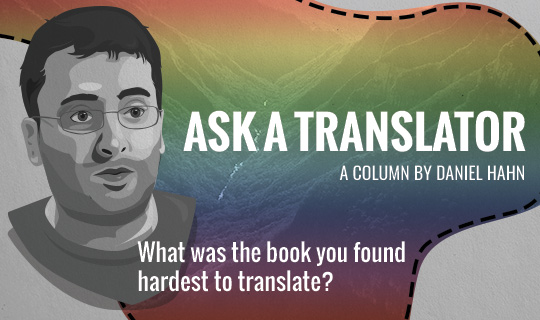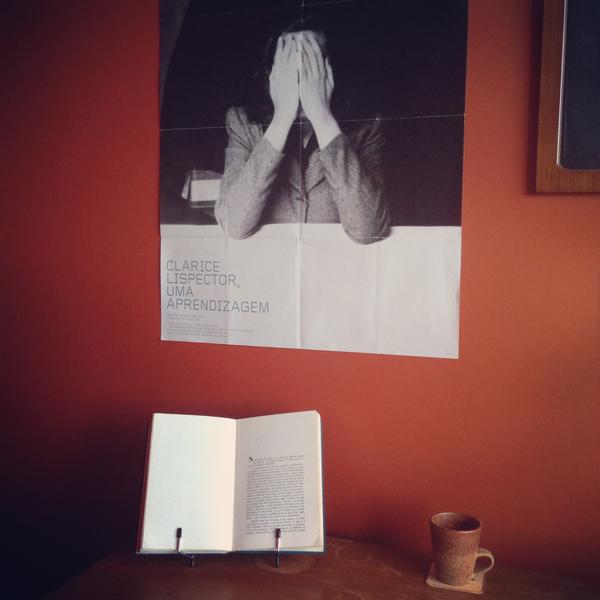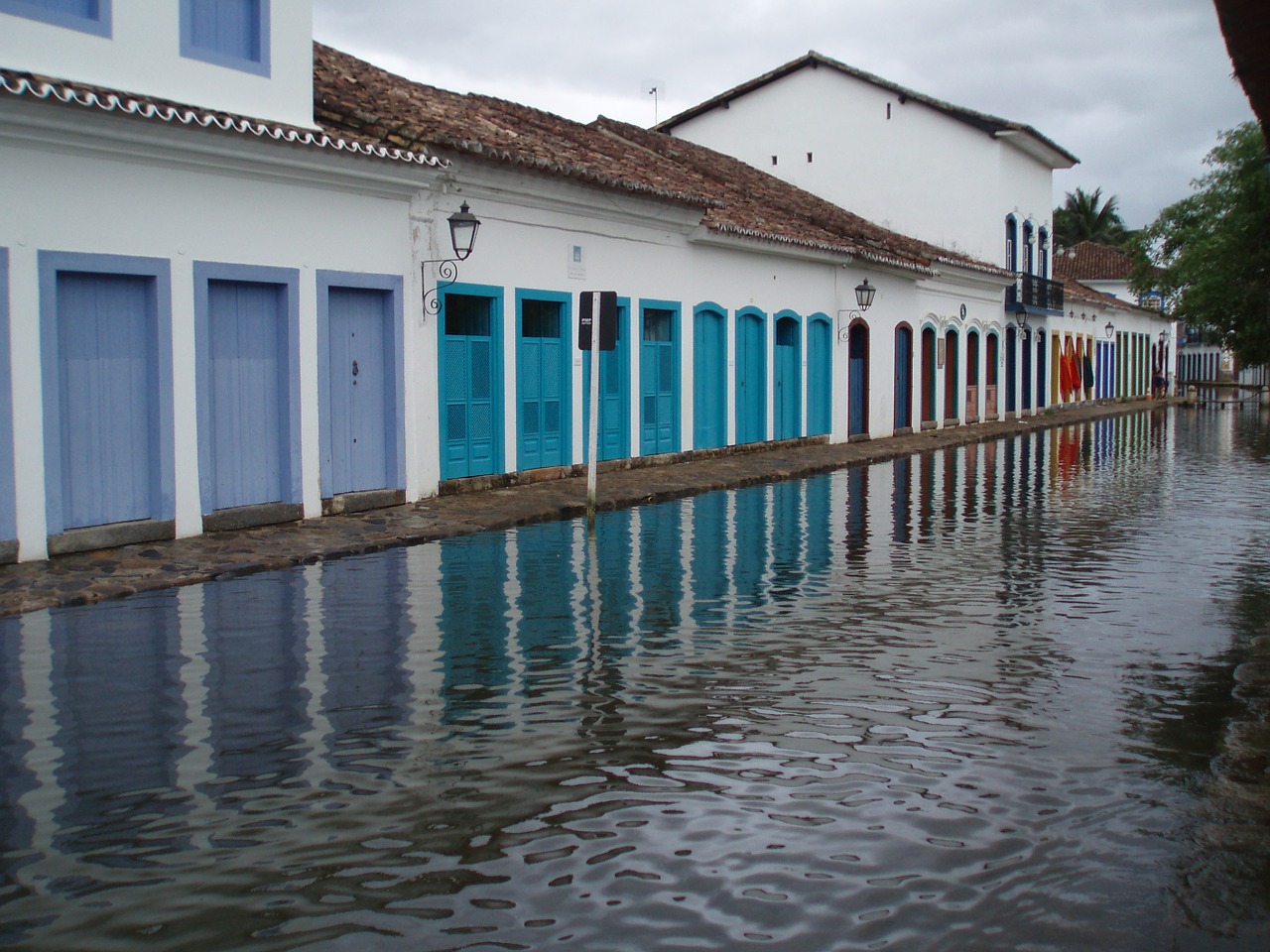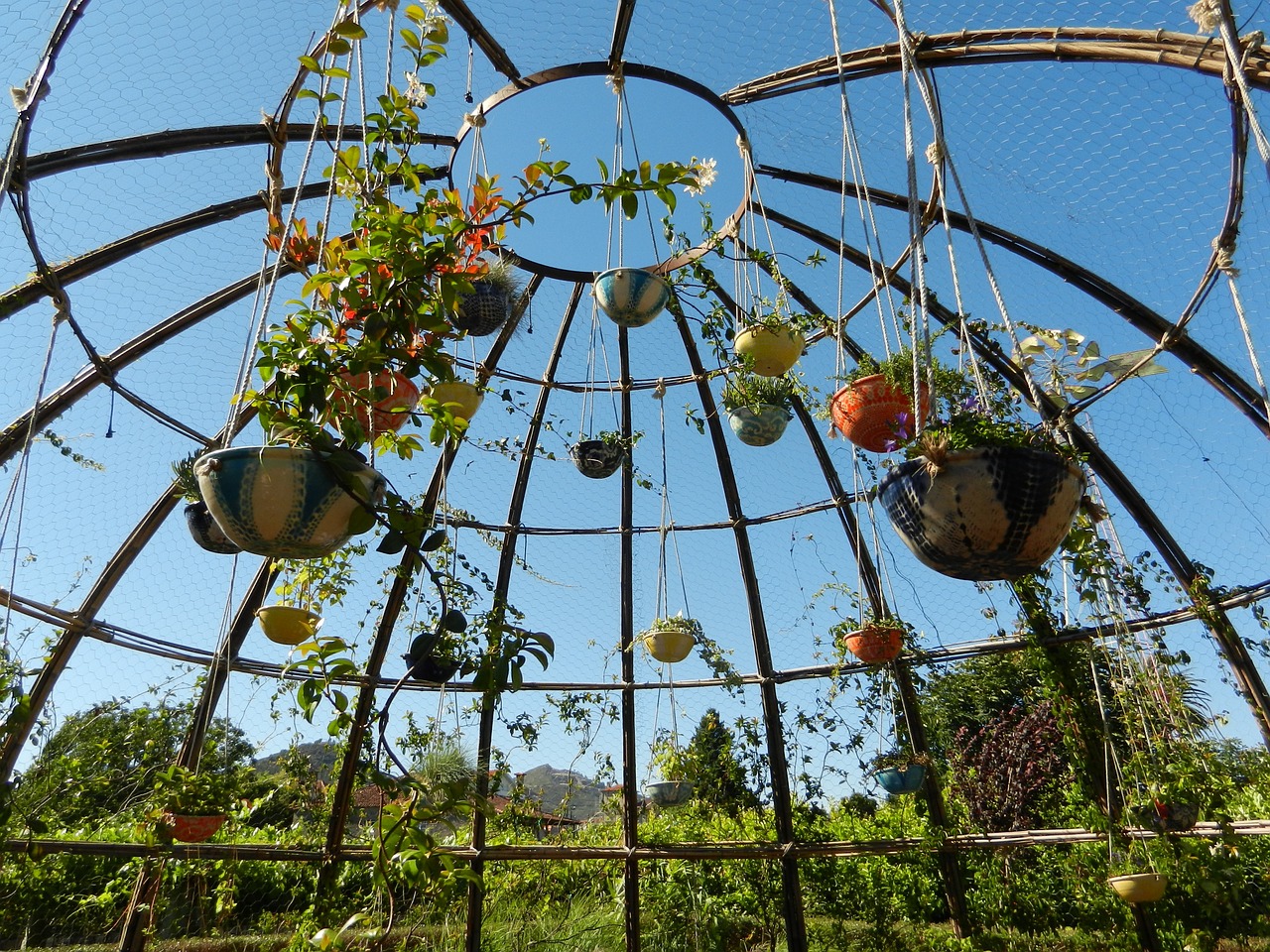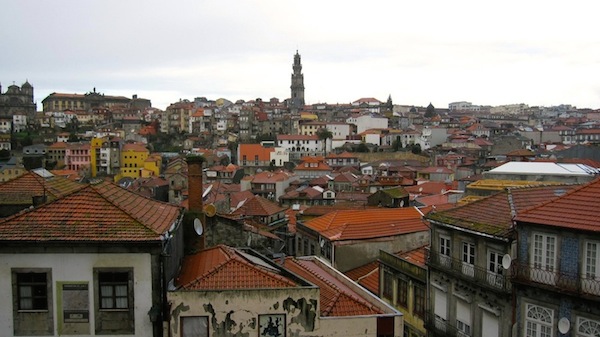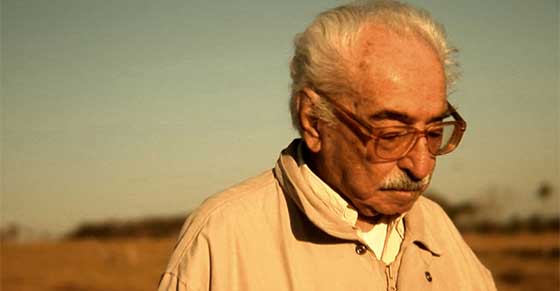Selected volumes are a curious affair—when done well, I think of them as seductions, acts of largesse introducing to one who is ignorant, unable to access the “whole” thing, but desirous of such access, a writer of importance. The Selected Poems of Corsino Fortes is precisely this sort of book, bringing into English the lyrically and politically powerful poems of a major Cape Verdean poet and diplomat.
Cape Verde was made independent in 1975. Many of its inhabitants emigrated shortly thereafter, but many also stayed behind. Fortes, writing in a mixture of Portuguese and Cape Verdean Creole, describes his country in the heated, generative moments of its new formation, as well as its moving outward and forward in the world. In translating Fortes’s poems, Daniel Hahn and Sean O’Brien have had to re-create a language linked to the islands and to the people as if by a circulatory system: “In that lesson / of earth & blood / Transfused / I heard the wild waves surge / From the heart to larboard.”
Fortes’s Cape Verde is full of tongues: all of nature speaks and sings. His language is fleshly. This visceral quality comes from abstractions made tangible through Fortes’s dense, at times opaque, symbology of bread, coin, sun, sea, guitar, and so on. For example, the last few lines of “From Mouth to Windward,” through the grammar of lists, draw concrete images together with abstract concepts like “marriage” and “birthright,” conflating them such that both “types” feel bodied, sensual, intellectual, inevitable: “Sea and monsoon, sea and marriage / Bread, stone, a patch of earth / Bread and birthright.” But it is also the translators who perform these transformations by—essentially by writing like poets. The alliterations I “see” in the en face Portuguese (which I do not read) are matched in English, enhancing the sense that language is not simply for understanding but for seeing, hearing, and touching.
As much as these poems emerge from the archipelago, they also describe the emigration of its people into Europe and the United States. When Fortes writes, “I saw patricians / clad in togas / Speaking Creole / In vast auditoria,” I hear the reverberation of a distinct Cape Verdean way of life moving along with its people: “. . . the earth and the story / Emigrate with us under our tongues.”
I would recommend this magnificent, generous, and bilingual presentation of Corsino Fortes’s work to anyone who enjoys grappling with the poignant, the sensuous, and the esoteric. It will be difficult for me to forget the “Tree and drum of the ancient viola” and the sardine as “a flickering tongue in the sea’s mouth”; nor “Eating the earth eating the earth eating the earth,” when “the earth is flesh”; nor Fortes’s prayer-command to the sunflower to “enter [him] / Before the sun / Disorients you Sunflower!”
***
The Selected Poems of Corsino Fortes is forthcoming from Archipelago Books & Pirogue Collective’s Island Position here.
***
Aditi Machado’s poems have recently appeared in The Offending Adam, DIAGRAM, The Iowa Review, MiPOesias, LIES/ISLE, and Better Magazine; others are forthcoming in Conjunctions. She has a chapbook called The Robing of the Bride; it is available from Dzanc Books. She edits poetry for Asymptote, an online journal dedicated to translation. She earned her MFA at Washington in St. Louis and is now studying toward a doctoral degree at the University of Denver.



